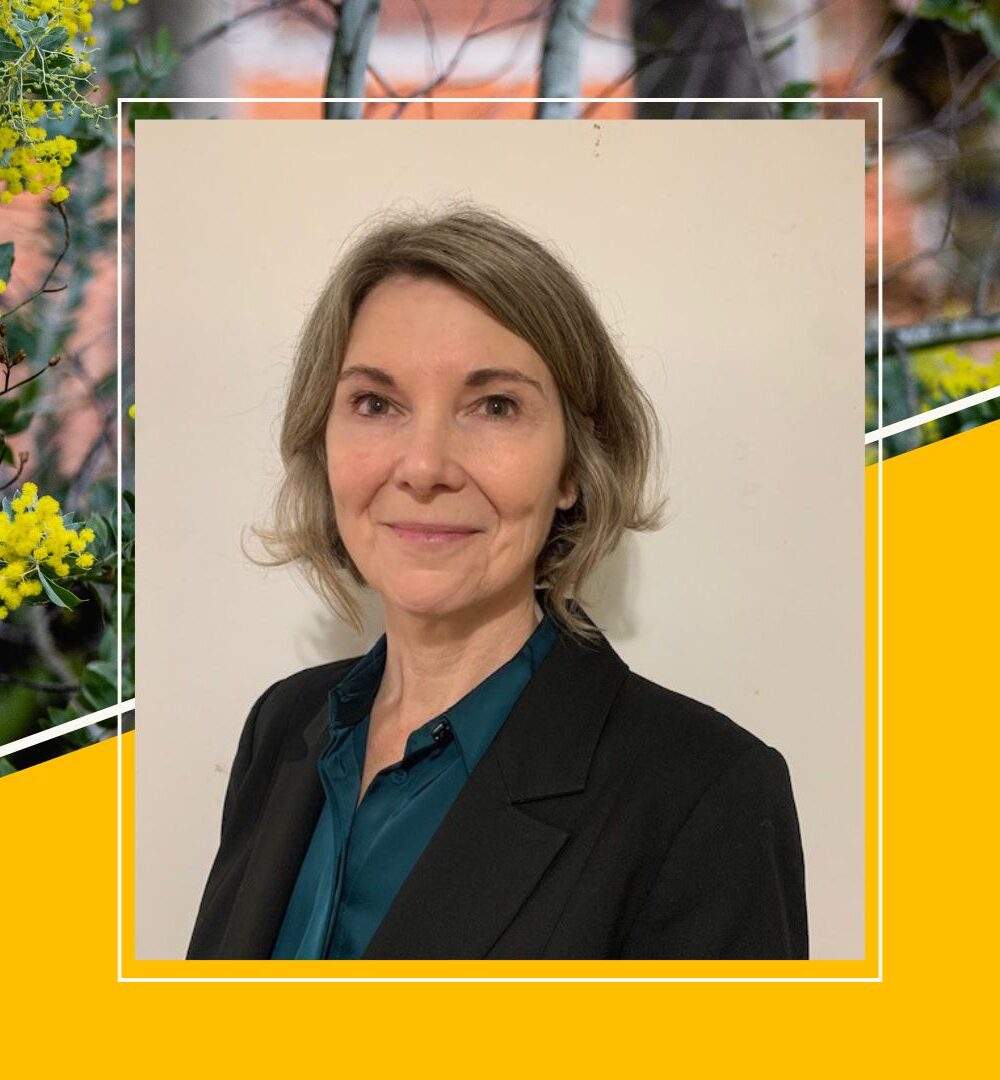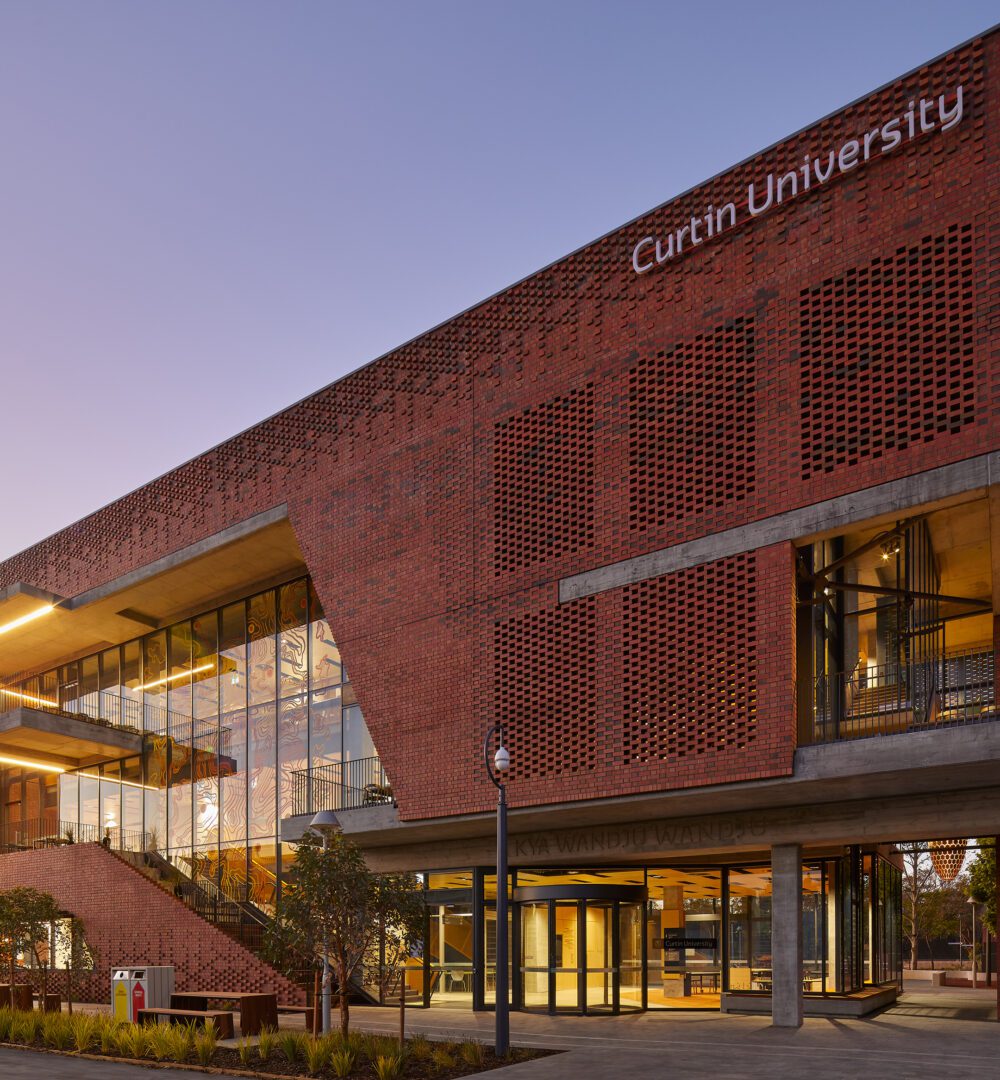Commercialisation success as Curtin mining innovation goes global

A Curtin University-developed technology that enhances the gold extraction process has been recognised for its game-changing potential, making it to the global market after the sale of company Mining and Process Solutions (MPS).
Curtin researchers Professor Jacques Eksteen and Associate Professor Elsayed Oraby (Curtin researchers discover how to improve gold extraction process | News) worked with MPS to commercialise the leaching technology for extraction of minerals including gold, copper, cobalt and nickel, was bought by Czech multinational chemical supplier Draslovka.
The technology uses amino acids such as glycine to leach ores including gold and copper, as well as nickel and cobalt, which are increasingly relevant as critical minerals for the battery industry.
Curtin University Director of Commercialisation Rohan McDougall said it was pleasing the innovative new technology had received the necessary funding boost to bring it to market.
“Curtin researchers Professor Eksteen and Associate Professor Oraby spent years developing this improved leaching process, expanding the technology’s applications and making it more efficient for extracting gold and other valuable deposits,” Mr McDougall said.
“Now that it has made it to the global market, this technology will offer many benefits to resource industries, including being a much more efficient, safe and environmentally-friendly extraction method.
“It is fantastic that Curtin’s work over many years with minerals industry partner Mining and Process Solutions to commercialise the new process has culminated in the technology going global, thereby bringing its benefits to industry world-wide.”
Curtin University Deputy Vice-Chancellor Research Professor Chris Moran said the achievement was down to both the successful commercialisation of the technology and the high calibre, real world-focussed research that led to its development.
“Leaching or separating gold and other precious metals from an ore deposit or other materials has long depended on cyanide as a key ingredient, which is a highly toxic chemical compound, which when mishandled can have a harmful effect on the environment and our health,” Professor Moran said.
“Curtin researchers developed a glycine leaching technology, which they have optimised to enable extraction of a range of base metals including critical battery minerals nickel and cobalt for renewable energy storage.
“That this research has translated into a fully commercialised and highly-prized technology now on the global market and set to bring benefits to industries around the world is exactly the kind of ‘big picture’ ambition frequently realised at Curtin.”



